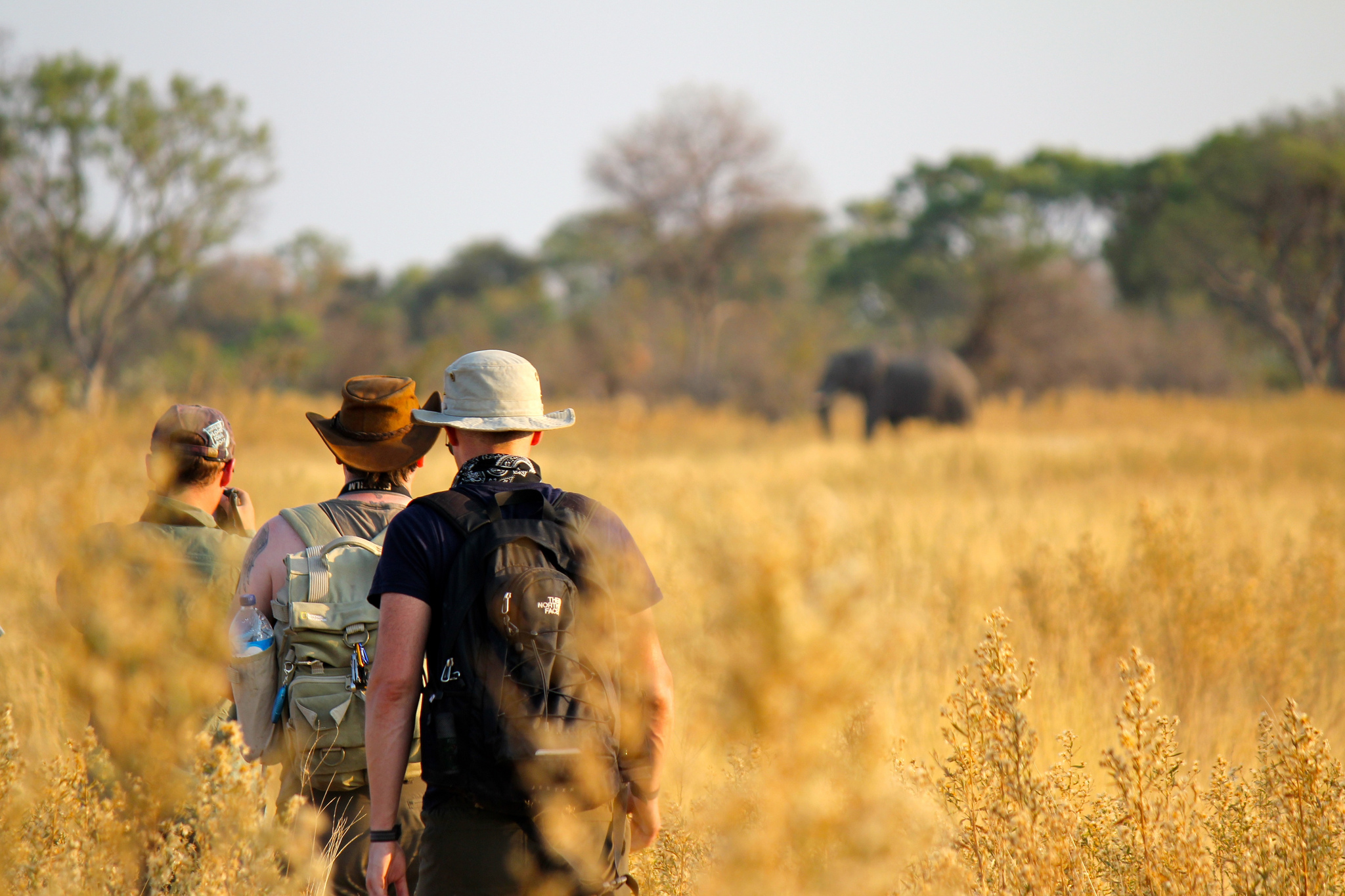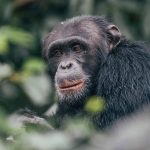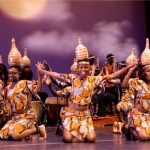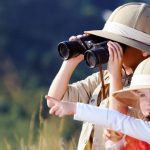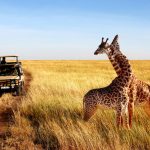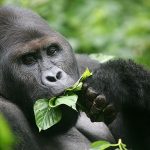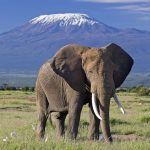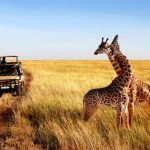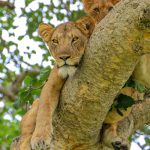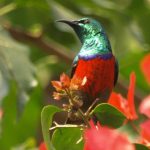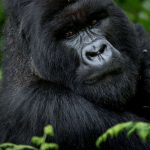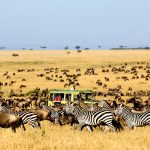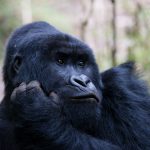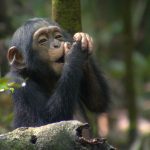When it comes to one of that bucket list of trips we can all agree you need advice on when and where to go, where to stay, what’s best for kids, health and safety, and some suggested Travel Agencies or tour operators.
A family safari to Uganda in Africa should be a lifetime trip. Because many parents choose to wait till their children are in school holidays it coincides with the peak season here in Uganda which makes a more expensive trip than a low season, but those who’ve traveled during time claim it was a wonderful experience and worthy as it is always dry seasons.
— The ages of your children
— Their abilities and interests
— The qualifications of the various travel agencies/tour operators
Apart from many other family African travel adventures that we organize, a Ugandan safari should definitely be organized by a reputable tour operator, either from abroad or Uganda. When you begin your research, you’ll find safari tour operators who promise sightings of the “Big Five, Gorilla trek, rhino trek, Chimpanzee trek, mountaineering, Game drives, horse ride and so many – and rate the National park or game reserves by how much wildlife can be seen there. But for you, the traveling family, how you see it will be just as important as what you see.
PLAN YOUR SAFARI TOGETHER
When it comes to a Family trip safari involve the entire family in planning of the trip and before you go, read about the country’s history, the places you will visit, the wildlife, and other things you expect to see. It makes it much more interesting while you’re there. Adults and children should take photos, keep a family diary, and collect scrapbook items so that when you return home you can all make an album together. You’ll keep family memories alive and create an heirloom at the same time. Some of travel agencies or tour operators like us give a brief Video about the Uganda adventure trip after the tour.
WHEN TO GO ON A Family uganda SAFARI
The best time to see animals in many parts of Africa especially Uganda is during the dry season, when the grass is short, visibility is good, and the weather is usually dry, approximately January-March, June-October, and December that is what Uganda specialists as the best months for maximum game-viewing. But they also stress that anytime other than June and October, also the rainiest months, are fine.
WHERE TO GO FOR a ugandan family SAFARI
The best region for family travelers in Uganda is Western Uganda, where you’ll find most of the national parks and reserves as well as magnificent landscapes and a huge array of different activities. In Western Uganda, you can go mountain gorilla and chimpanzee trekking in Bwindi and Kibale Forest, wildlife spotting and bird watching on the rivers and savanna of Queen Elizabeth National Park and Murchison Falls National Park and hiking in the crater lakes area. Adventurous travelers can join a guided group trek in the dramatic Rwenzori Mountains.
A great place to base you in Western Uganda is Lake Bunyonyi, from where you can easily go gorilla trekking in Bwindi, but also do a number of outdoors activities in the lake and in the surrounding area. In Eastern Uganda, Jinja is an ideal place for solo travelers. There are endless activities to fill your days, and you’ll be able to meet lots of other travelers in the town’s bars and restaurants.
WHERE TO STAY ON YOUR Family SAFARI trip in uganda
Experienced travel agency/tour operators recommend smaller family tented safari camps, family rooms in hotels/lodges which are often quite luxurious. Families often look back on their contact with camp staff, rangers and guides as well as other guests, at meals and on the daily safaris, as one of the best parts of the family trip. Some traditional safari lodges tend to be larger, often with up to 100 people, which affects the intimacy of the game-viewing experience.
WHAT TO LOOK FOR WHEN SELECTING A family SAFARI in uganda
— An introduction to the lifestyles, clothing, customs, arts, dances and rituals of local peoples is fascinating for all children, and should be a part of every Ugandan itinerary.
— A wide array of eco-adventure and wildlife viewing tours will thrill pre-teens and teens. Note that younger children may not be welcomed by travel agencies/tour operators, because of some of lodge or camp safety considerations.
— Review the itinerary carefully to be sure there will be enough free time for kids to roam and run on their own. Since animal-viewing is best at dawn and dusk, will there be afternoons free for napping?
— Is the tour guide scheduled for your departure dates accustomed to working with children?
— Check out the operator’s track record on environmental issues.
— Request references from past clients, particularly those with children, so you’ll get a more accurate picture of what you’re investing in.
HEALTH & SAFETY IN uganda
Each country in Africa has its own inoculation demands and safety record, and the tour operator you choose should inform you on what to expect and what precautions (health, physical safety, property safety, etc.) are recommended.
There are a few items that you should consider absolute ‘must-haves’ for your African safari. Begin by ensuring you have your necessary vaccinations, which can vary depending on your country of origin as well as your recent travel history. In most cases, you will be required to carry an International Certificate of Vaccination that proves you have been vaccinated for yellow fever; mandatory for travel Uganda and Rwanda.
During the early planning stages, research for the most up-to-date information on political conditions and crime statistics and or up-to-date bulletins( The Newvision, The Daily Monitor) on incidences of Ebola and other health concerns. Be sure to notify your physician and pediatrician about your itinerary and discuss recommended inoculations at least six months prior to departure.
SUGGESTED FAMILY SAFARI TOUR OPERATORS
Though accommodations tend to be more expensive, tour operators often recommend a tented safari over one based in lodges. However, we have heard of tented safari camps being robbed at night by local burglars, so some families may feel safer in a well-guarded and secure lodge. The tour operators can provide online or print brochures, quote prices and custom-plan family itineraries on request — a great option if you have younger children in your party.
Inquire about tour operators’ qualifications, and the experience of lodge managers, safari leaders and local guides in working with children. Their ability to plan suitable days (for grandparents and kids) and help children learn from this unique exposure to wildlife is vital to the success of your trip.
Alpha Adventure Safaris Although known for their Mid range tours and exotic family holidays, they can arrange all types of family trips ranging from the High-end to Basic. They offer Uganda and Rwanda Small Group Family Safaris, with separate activities for parents and teenage children, from these two countries they operate safari trips discounts are given for travelers 12 and under.
TRAVEL TIPS MUST HAVE FOR UGANDA FAMILY SAFARI-AFRICA
Take it easy: Flights to Africa can take 10-20 hours — stop over en route so everyone can acclimate to the time difference.
Pack lightly Luggage: Luggage space is very limited on small internal planes to and from the parks. Some lodges can provide outerwear; ask your travel agent for a list of essentials.
Luggage can play a trickier role on safaris than you might initially suspect. On most tours, a standard hard shell, rectangular suitcase would likely be your preferred option, but on a safari, you’ll have to adapt to follow strict requirements from the airlines that operate a small aircraft for your arrival into most parks. Soft-shell luggage such as duffel bags or backpacks is preferable to large rectangular suitcases. In most cases, all passengers will be restricted to a maximum luggage allowance of 15kg, and you should consider bringing waterproof bags that can safely protect your items from dust.
What to Wear: Dress in neutral colors and layer cottons for warmth in the cool nights: Be prepared to do some hand wash by carrying biodegradable soap powder or sanitizer. The clothes you bring on your African safari can make or disappoint the trip. You may think that because you’re heading to Africa, an itinerary of hot, sunny days and warm, balmy evenings are all that await you, but you’d be wrong. Depending on when and where you’re travelling in Africa, you will require clothes of all kinds. For your all-inclusive list of clothes to pack on a safari, consider the list below:
- Pants and long sleeve t-shirts for bush walks and game drives (to minimize sun exposure)
- Comfortable closed-toe shoes
- Light Jungle shoes in case of Gorilla trekking
- A wide-brimmed hat (wide enough to cover face and neck)
- Windbreaker/ fleece jacket
- Rain coat light
- Bandana (can act as both a hat and sweatband; can be dipped in cold water on hot days)
- Sports bra for ladies
Shoot pictures: Take more than one camera and extra data storage! Disposable panoramic cameras are good for younger children.
Health: Inquire up to 6 months in advance about necessary immunizations. Visit the CDC’c online Traveler’s Health section at cdc.gov/travel, and consult with your pediatrician. Carry in hand luggage your own First Aid kit with the usual essentials, including insect repellent and sun screens made especially for children. Most items can be bought locally, but are expensive.
- First-aid
On every trip, we advise bringing a robust collection of first-aid supplies. However, when going on safari, your list may need to be a bit more thorough as you’ll be farther away from easy access to these (sometimes crucial) medicines and equipment. A short list of first-aid items we suggest bringing include the following:
- Anti-malaria tablets
- Antihistamines
- Anti-nausea tablets (for bumpy flights)
- Diarrhoea medication
- Bandaids and gauze
- Rubbing alcohol or antiseptic spray
- Insect repellent
- Sunscreen
- Wet wipes
On our Safari cars and most hotels/lodges we book are equipped with first-aid supplies, but it’s always better to with
African family safari gear & kit list
With limited space on luggage for items which may look to be unnecessary pack the most essential gear to make your safari more comfortable
Below we have suggestions:
- Camera with dust cover and waterproof bag
- Extra memory cards and batteries
- Binoculars (magnification power 8x or more is recommended)
- Electrical adapters (220-240 Volts UK type for Uganda and Rwanda)
- Headlamp/flashlight
- Leave the drone at home (they are banned in most locations)
Then let the adventures begin! BOOK


